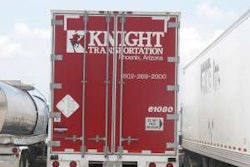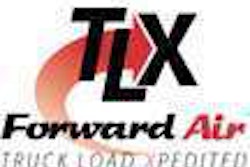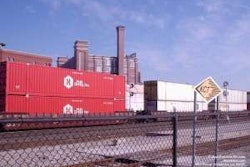Heartland Express Inc. on Wednesday, April 20, said operating revenues for the 2011 first quarter ended March 31 increased 10.4 percent to $127.7 million from $115.6 million in the first quarter of 2010. Net income was $14.9 million compared to $11.9 million, a 25.2 percent increase. Heartland Express posted an operating ratio (operating expenses as a percentage of operating revenues) of 82.9 percent and an 11.7 percent net margin (net income as a percentage of operating revenues) compared to 86.3 percent and 10.3 percent, respectively.
The North Liberty, Iowa-based company said the demand for freight services improved throughout the quarter, but that operating results were hindered by a combination of tight driver availability, escalating fuel prices and an unusually harsh winter in certain operating regions. Fuel expense increased $9.6 million or 32.5 percent primarily due to an increase in average fuel prices. The company said it is aggressively managing fuel surcharge pricing, truck idling hours and fuel purchasing decisions in an effort to offset a portion of the accelerating fuel costs, and that its current fleet is more fuel-efficient than its fleet of a year ago, with all 2009 and newer model trucks equipped with idle management controls.
The company said the average age of its tractor fleet was 1.85 years as of March 31, with 94.1 percent of the fleet being 2009 models and newer. The company took delivery of 148 2012 ProStar Internationals in the first quarter and continues to upgrade its trailer fleet, taking delivery of 638 2012 Great Dane and Wabash trailers during the first quarter. Heartland said the upgrade will continue throughout 2011 with purchases of an additional 1,962 new Great Dane and Wabash trailers.
Heartland said that as of March 31, 94.1 percent of its tractor fleet was equipped with electronic onboard recorders in an effort to maintain what it describes as “the best Compliance, Safety, and Accountability (CSA) rating among truckload carriers.”










